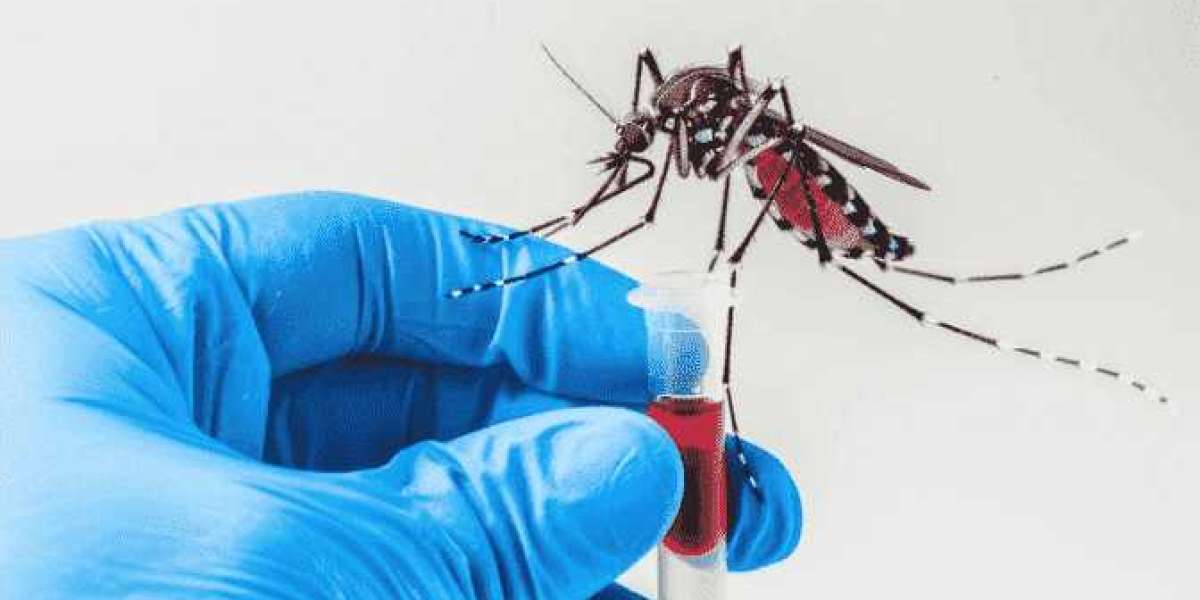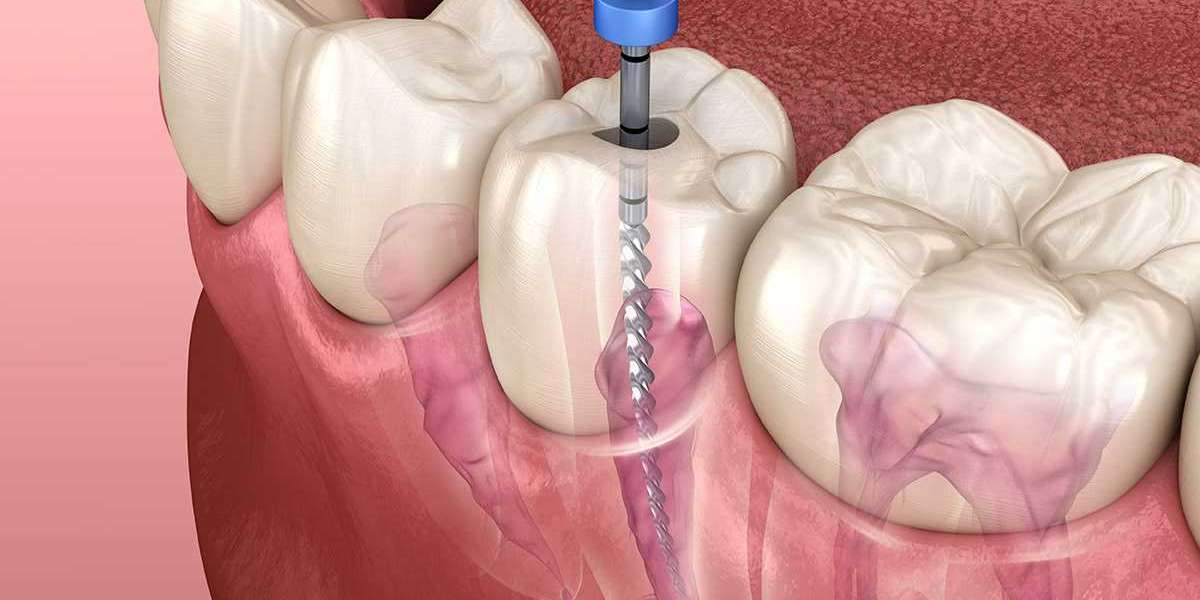Dengue fever is a viral infection transmitted by mosquitoes, leading to severe flu-like symptoms. In regions like Delhi, where dengue cases are prevalent, getting tested promptly is crucial. Various tests help identify the type of dengue infection, including NS1, IgM, and IgG tests. This blog will explain each test and its significance in diagnosing dengue fever.
Understanding Dengue Testing
When symptoms of dengue fever appear, it's essential to consult a healthcare provider and get a dengue test.. The tests help determine if a person has dengue and, if so, what type. The three primary tests used to diagnose dengue are NS1 antigen test, IgM antibody test, and IgG antibody test.
1. NS1 Antigen Test
The NS1 antigen test is one of the earliest diagnostic tests for dengue. It detects the presence of the NS1 protein produced by the dengue virus in the bloodstream. This test is most effective within the first week of illness when the virus is still active.
- Timing: The NS1 test is most reliable during the first 1-7 days after the onset of symptoms.
- Purpose: It helps identify active dengue infections, particularly in cases where a rapid diagnosis is necessary.
- Result Interpretation: A positive NS1 test indicates an active dengue infection, while a negative result may require further testing.
2. IgM Antibody Test
The IgM antibody test detects antibodies produced by the body in response to the dengue virus. These antibodies typically appear 4 to 5 days after the onset of symptoms and remain in the body for several weeks.
- Timing: The IgM test is useful in diagnosing dengue from day 5 of the illness onward.
- Purpose: It helps confirm a recent dengue infection, indicating that the body has responded to the virus.
- Result Interpretation: A positive IgM test suggests a recent infection, while a negative result could mean either a past infection or that the infection is in its early stages.
3. IgG Antibody Test
The IgG antibody test measures antibodies that appear later in the infection. These antibodies typically develop about two weeks after infection and can remain in the body for months or even years.
- Timing: The IgG test is effective for identifying past dengue infections.
- Purpose: It helps assess whether a person has had a previous dengue infection, which can aid in understanding the overall health status.
- Result Interpretation: A positive IgG test indicates a past infection, while a negative result suggests that the person has not been infected before.
Conclusion
Choosing the right test is vital for accurate diagnosis and effective management of dengue fever. In Delhi, getting a dengue test in Delhi can help identify the type of dengue and guide treatment. The NS1 test is preferred in the early stages of the illness, while IgM and IgG tests provide valuable insights into recent and past infections, respectively. If you suspect you have dengue fever, consult your healthcare provider for the appropriate testing options available in your area. Early diagnosis can significantly improve treatment outcomes and reduce complications associated with dengue fever.
Remember, if you need a dengue test in Delhi, seek professional help to ensure you get accurate results and proper care.














